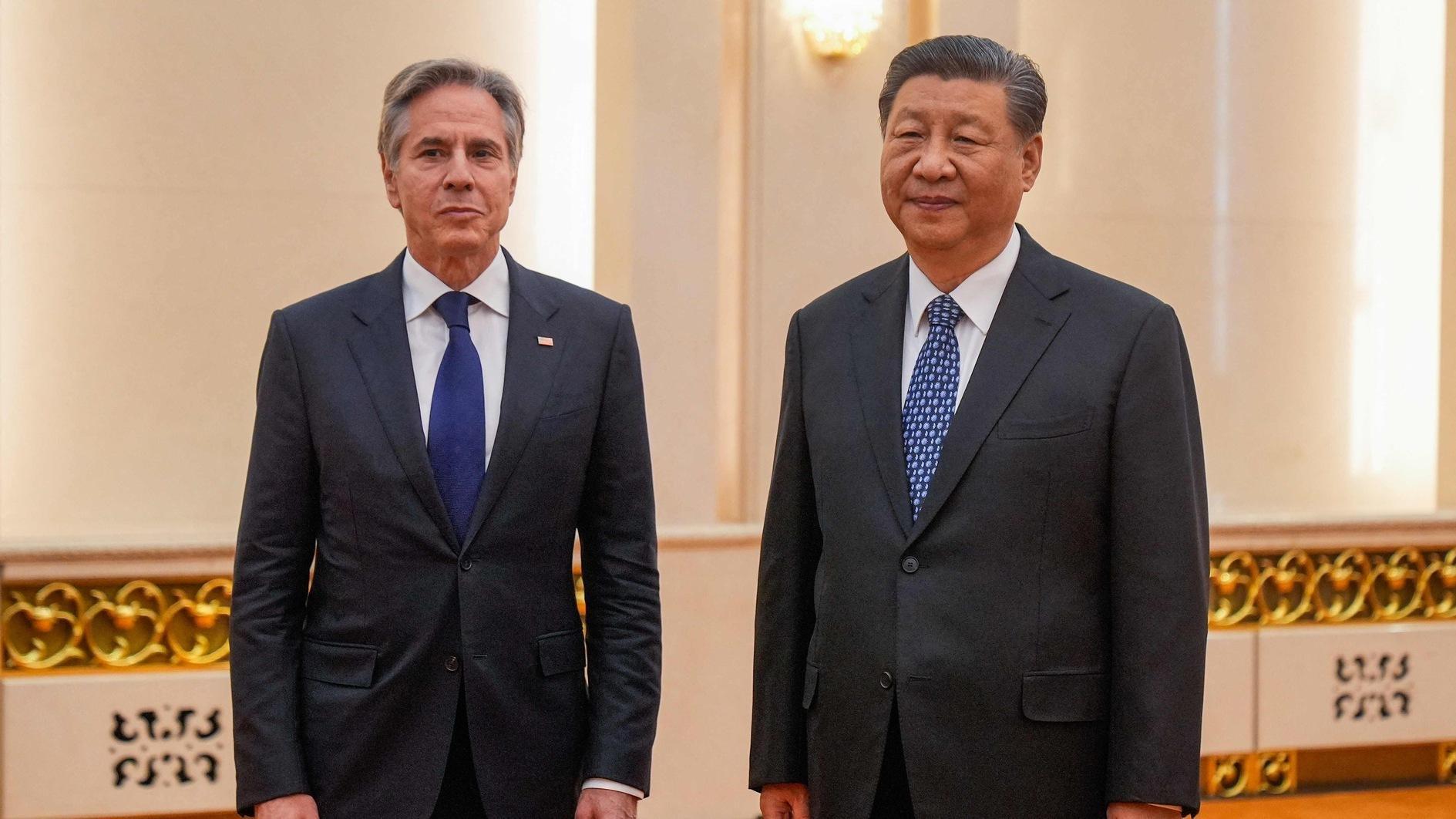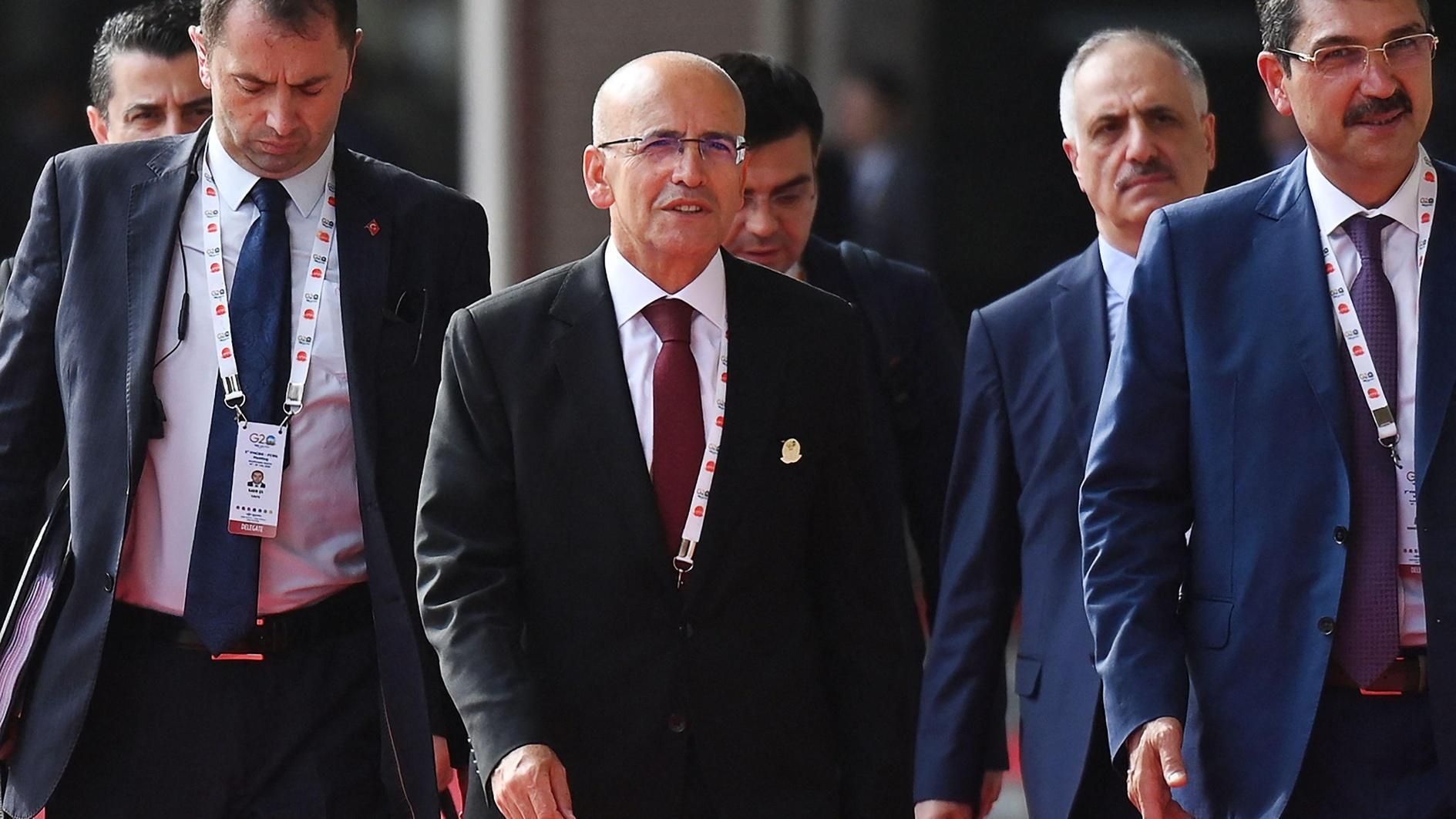Azerbaijan: The geopolitical conundrum
ELKHAN NURİYEV
Just recently Azerbaijan came to attention as host of the Eurovision Song Contest 2012, which was eventually won by Sweden with the entry “Euphoria.” Possibly slightly less euphoric, however, is Azerbaijan’s geopolitical situation, caught as it is between the interests of Iran, the West and Russia. Its attempts to preserve its freedom to maneuver are akin to a tricky political dance on a tight-rope: The country is young and striving to maintain its independence, while at the same time satisfying the interests of powerful actors, near and far.Despite Azerbaijan’s continued efforts to maintain a balanced diplomatic stance, Iran, the U.S. and Russia have all tried to dissuade ruling circles in Baku from certain foreign policy conduct or to convince them to act in a manner consistent with great-power interests.
If Russia considers the problem of an independent Azerbaijan as one of the elements in a complex of South Caucasus sovereign states, for Iran this problem assumes a somewhat different political form. The very existence of Azerbaijan, even as a purely formal independent state, is quite definitely and not unjustifiably perceived as a real threat to the national security of the Islamic Republic. The presence of over 20 million Azerbaijanis residing in Iran is the spark which could ignite the fragile powder keg that is the multinational structure of the Iranian state. For that reason, it is not surprising that the interests of Iran could best be served by the simple absorption of Azerbaijan into Russia.
Yet, with Vladimir Putin’s return to the Russian presidency, the Kremlin is expected to use different political and economic levers to rein back Azerbaijan’s independent-minded policy. Russia’s closer strategic ties with Iran also serve this purpose, given that both powerful players have found common ground in many regional security issues. Great-power ambitions are increasingly manifested in the desire of the Russian leadership to run the geopolitical show in the South Caucasus and Central Asia. This might even become a reality if a military option against Iran is put into operation.
Although American strategy so far has been focused on grappling with the results of Russian-Iranian geopolitical maneuverings that hinder any serious U.S. activity in the post-Soviet southern tier, the U.S. values Azerbaijan as a strategic ally in the South Caucasus. However, Washington and Baku are still continuing to try and thrash out their differences on a number of sensitive issues.
At the June 6 meeting with President İlham Aliyev and representatives of civil society groups, U.S. Secretary of State Hillary Clinton had detailed talks on security cooperation, energy matters and domestic problems in the country. These meetings send a very clear signal to Azerbaijani government authorities that they should do all they can to initiate far-reaching democratic reforms. If this does not happen, neither the U.S. nor other Western democracies will be able to offer Azerbaijan a real alternative to Russian policies.
After many years of pursuing a balanced, interest-based foreign policy, Azerbaijan is faced with intractable geopolitical deadlock. Aliyev and his administration appear to realize that whatever their decision, it has to address the issues that plague their relations with Iran, the U.S. and Russia. This is a very tough call, which will compel Azerbaijan to go either westwards or eastwards.
Most importantly, Aliyev will manage to resolve his country’s geopolitical conundrum only if he can credibly persuade the U.S. and other Western democracies that no one else can guarantee stability, liberalize the political system and bolster the market economy in Azerbaijan. The sooner the leadership makes the necessary adjustments to its domestic and foreign policies, the faster it will discover how to eliminate many of the problems currently gripping the country.
*Dr Elkhan Nuriyev is a counselor and advisory board member at the Caucasus Institute for Democratic Integration in Tbilisi, Georgia. The full version of this article was originally published by OpenDemocracy.net.











